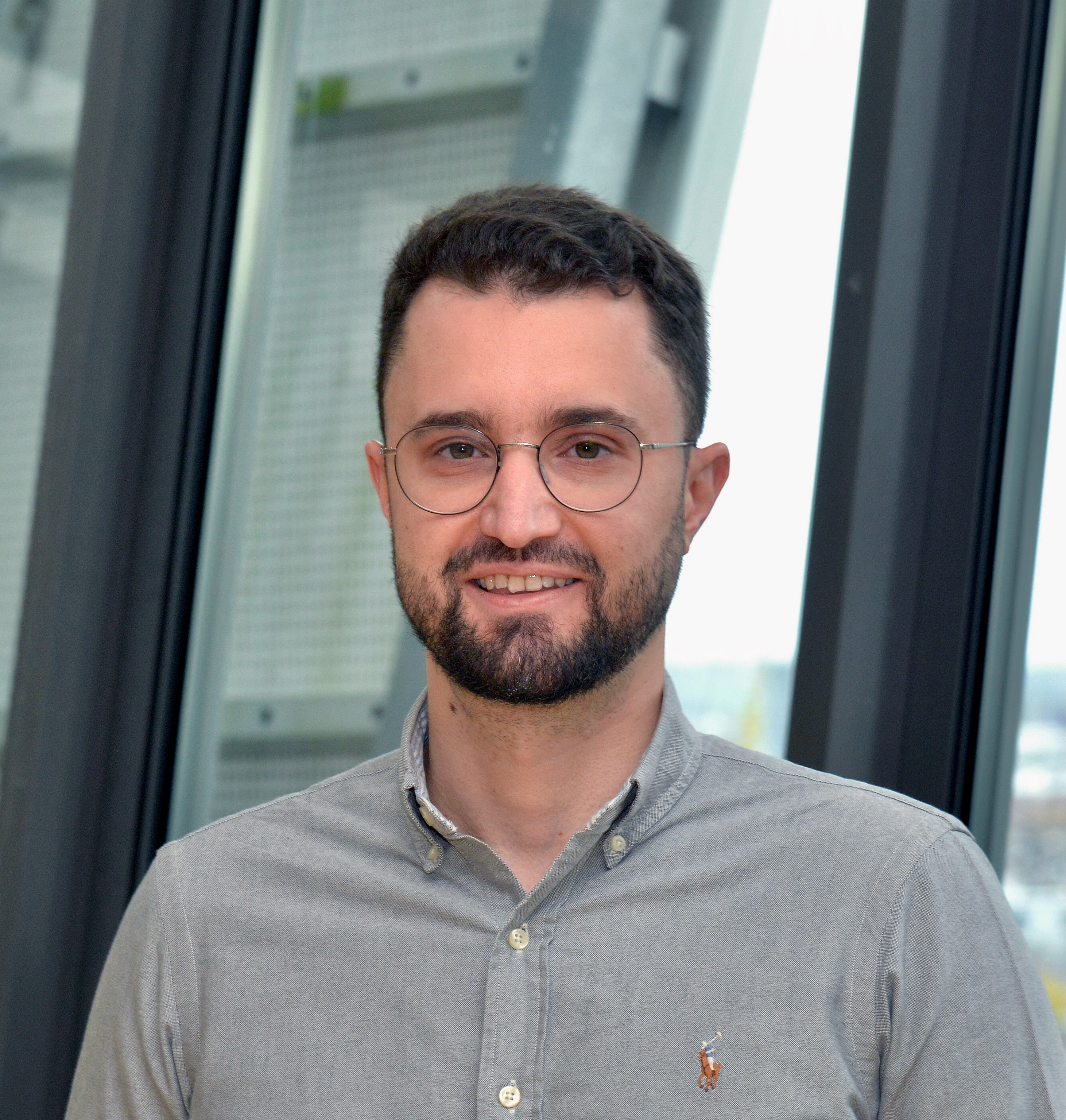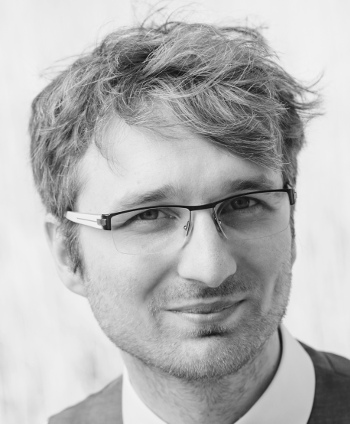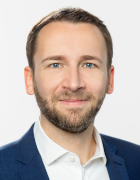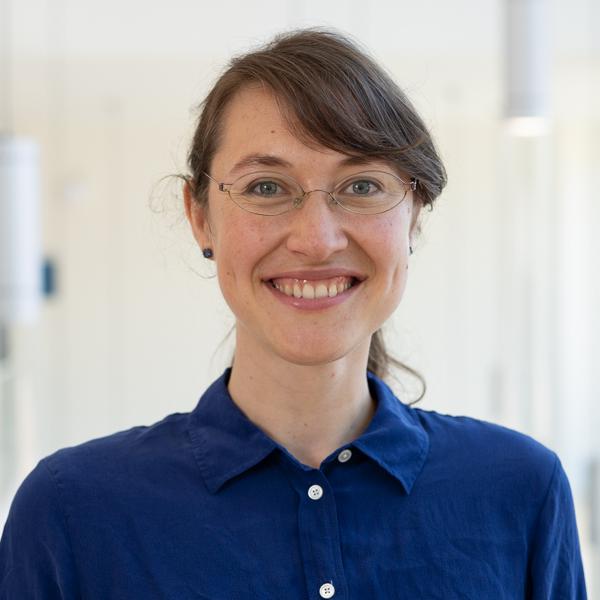Venue
The LoG meet up 2024 will take place at Burg Frankenberg in Aachen:
We are happy to have been accepted as a local meet up for the
Learning on Graphs Conference 2024
and look forward to welcoming you to Aachen this autumn!
Learning on Graphs is an annual research conference that covers areas broadly related to machine learning on graphs and geometry, with a special focus on review quality.
The registration for our local meet up is closed now. Thank you for your interest.
Costs: Attendance of the meet up, including food and drinks, will be free of charge; participants are responsible for their own travels.
The LoG meet up 2024 will take place at Burg Frankenberg in Aachen:
| Time | Session |
|---|---|
| November 27th, 2024 | |
| 14:00 |
Arrival and registration (welcome coffee + snacks) |
| 14:45 |
Opening remarks |
| 15:00 |
Keynote I Stephan Günnemann Graph ML for Molecules: Prediction, Generation, and Electronic Modelling Graph Machine Learning has emerged as a powerful paradigm for modeling molecular systems: bridging the gap between computational efficiency and accuracy. It has the potential to revolutionize areas from chemistry, over materials science, to drug discovery. This talk explores the intersection of Graph ML and molecular sciences, focusing on three key areas: prediction, generation, and electronic modelling. |
| 16:00 |
Benchmarking Positional Encodings for GNNs and Graph Transformers (Florian Grötschla) |
| 16:10 |
Maximally Expressive Graph Neural Networks for Outerplanar Graphs (Maximilian Thiessen) |
| 16:20 |
Non-Uniform Is Non-Enough (Eran Rosenbluth) |
| 16:30 |
Comparing Hierarchical Network Partitions Based on Relative Entropy (Christopher Blöcker) |
| 16:40 |
A Neuro-Symbolic Framework for Answering Graph Pattern Queries in Knowledge Graphs (Tamara Cucumides) |
| 16:50 |
EvA: Evolutionary Approach to Attacking GNNs (Soroush H. Zargarbashi) |
| 17:00 |
Towards Principled Graph Transformers (Luis Müller) |
| 17:10 |
EDGE: Evaluation of Diverse Knowledge Graph Explanations (Stefan Heindorf) |
| 17:20 |
Thermodynamics-informed graph machine learning for molecules and mixtures (Jan Rittig) |
| 17:30 |
A Semi-Supervised Clustering Approach For Graph Learning with Neural Networks (Chester Tan) |
| 17:40 |
Poster Session |
| 19:30 |
Dinner |
| 20:30 |
Socializing, live music by Blue Shift (Jan Borchers (p), Martin Grohe (b), Michael Krämer (dr), Christof Melcher (gtr)) |
| November 28th, 2024 | |
| 09:00 |
Opening remarks |
| 09:15 |
Keynote II Rebekka Burkholz Graphs as Computational or Data Structure? A Tale of Two Functions Message passing graph neural networks (GNNs) are a powerful class of machine learning models to learn on and from graphs. By design, graphs do not only serve as data but are also utilised as computational structure. However, not all graphs are equally effective in facilitating vertex communication, often suffering from challenges like over-squashing and over-smoothing. In this talk, we explore how these issues are intertwined and propose graph rewiring strategies to mitigate their effects. Our analysis further reveals that a critical yet often overlooked factor is the limited trainability of GNNs. While techniques such as balanced initialization, dynamic rescaling, and architectural innovations can improve trainability, we show that delaying the learning of specific layers can sometimes enhance generalization, particularly in the context of homophilic tasks. Synthesizing these insights, we will propose a potential path toward multi-purpose GNN architectures and learning algorithms that disentangle the conflicting roles of graphs as data and computational structure. |
| 10:15 |
Coffee break |
| 10:45 |
Preventing Representational Rank Collapse by Splitting the Computational Graph (Andreas Roth) |
| 10:55 |
Expressivity and Generalization: Fragment-Biases for Molecular GNNs (Niklas Kemper) |
| 11:05 |
Walk-based Node Centralities for Efficient Subgraph GNNs (Fabrizio Frasca) |
| 11:15 |
Exploring the Power of Graph Neural Networks in Solving Linear Optimization Problems (Chendi Qian) |
| 11:25 |
Improving Subgraph-GNNs via Edge-Level Ego-Network Encodings (Vicenç Gómez) |
| 11:35 |
Graph Neural Networks Do Not Always Oversmooth (Bastian Epping) |
| 11:45 |
The Effectiveness of Curvature-Based Rewiring and the Role of Hyperparameters in GNNs Revisited (Floriano Tori) |
| 11:55 |
A Modality agnostic graph-based framework to unify multi-modal single-cell and spatial transcriptomics data (Sikander Hayat) |
| 12:05 |
Topological trajectory classification on Simplicial Complexes (Vincent Grande) |
| 12:15 |
Hierarchical Graph Pooling Based on Minimum Description Length (Jan von Pichowski) |
| 12:25 |
Explainable Graph Learning in Power System Applications (Sebastian Pütz) |
| 12:35 |
Lunch break |
| 13:30 |
Panel discussion: Graph Learning versus Computer Vision |
| 14:30 |
Final remarks |
Here are a few choices of hotels nearby the meet up location:
| Name of the hotel. | Adress | Link | Distance to Burg Frankenberg |
|---|---|---|---|
| Bensons Hotel | Bahnhofstraße 3, 52064 Aachen | Bensons Hotel | Approx. 1200m (17 minutes) |
| Art Hotel Superior | Am Branderhof 101, 52066 Aachen | Art Hotel Superior | Approx. 1400m (21 minutes) |
| Motel One | Kapuzinergraben 6-10, 52062 Aachen | Motel One | Approx. 1600m (22 minutes) |
| Hotel Aquis Grana | Büchel 32 Buchkremerstraße, 52062 Aachen | Hotel Aquis Grana | Approx. 1800m (26 minutes) |
| Novotel Aachen City | Peterstraße 66, 52062 Aachen | Novotel Aachen City | Approx. 1700m (24 minutes) |
| Mercure Hotel am Dom | Peterstraße1, 52062 Aachen | Mercure Hotel am Dom | Approx. 1700m (24 minutes) |
| INNSiDE by Meliá | Sandkaulstraße 20, 52062 Aachen | INNSiDE by Meliá | Approx. 2100m (30 minutes) |

Tenure track assistant professor at RWTH Aachen University, Learning on Graphs Group

Tenure track assistant professor at RWTH Aachen University, Computational Network Science Group

Professor at Technical University of Munich
Stephan Günnemann conducts research in the area of machine learning and data analytics.
His main research focuses on how to make machine learning techniques reliable, thus, enabling their safe and robust use in various application domains.
Prof. Günnemann is particularly interested in studying machine learning methods targeting complex data domains such as graphs/networks and temporal data.
He acquired his doctoral degree in 2012 at RWTH Aachen University in the field of computer science.
From 2012 to 2015 he was an associate of Carnegie Mellon University, USA; initially as a postdoctoral fellow and later as a senior researcher.
Prof. Günnemann has been a visiting researcher at Simon Fraser University, Canada, and a research scientist at the Research & Technology Center of Siemens AG.
In 2015, Prof. Günnemann set up an Emmy Noether research group at TUM Department of Informatics. He has been a professor at TUM since 2016.
He is the Executive Director of the Munich Data Science Institute and Director of the Konrad Zuse School of Excellence in Reliable AI.

Tenure-track Faculty Member at the Helmholtz Center CISPA
Rebekka Burkholz is a tenure-track faculty member at the Helmholtz Center CISPA,
leading the Relational Machine Learning Group.
Previously, Rebekka acquired a PhD in systemic risk at the ETH Risk Center Zürich
and did a postdoctoral research at the Institut for Machine Learning also at the ETH Zürich.
Rebekka's research combines robust algorithm design and complex network science with the quest for a theoretical understanding of deep neural networks.
Based on theoretical and experimental insights, compressed models' and algorithms are developed that are robust to noise,
adapt to a changing environment, and integrate information that can be available in form of small amounts of data
as well as various forms of domain knowledge.